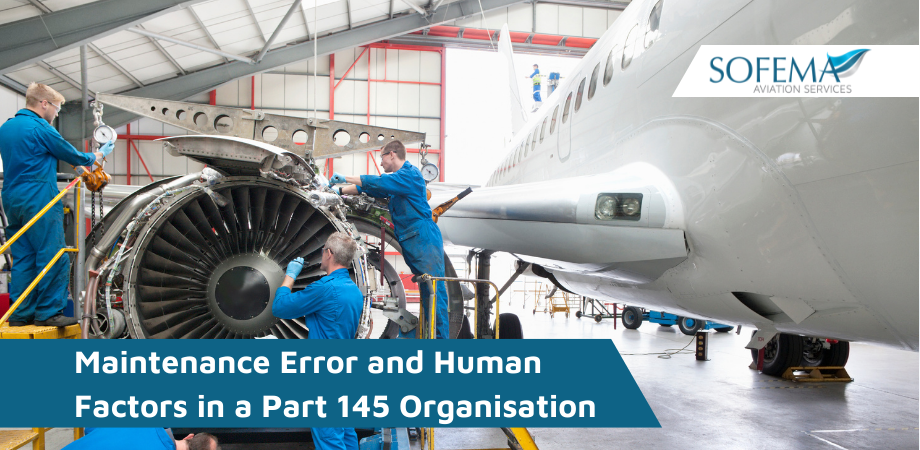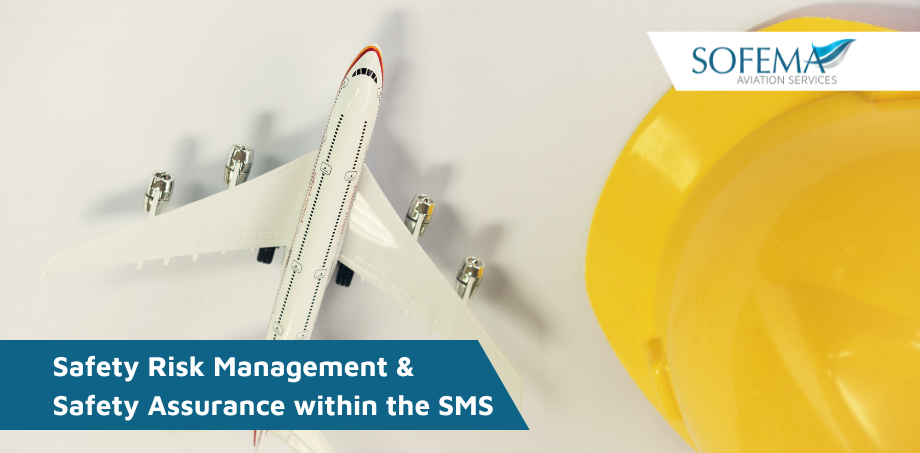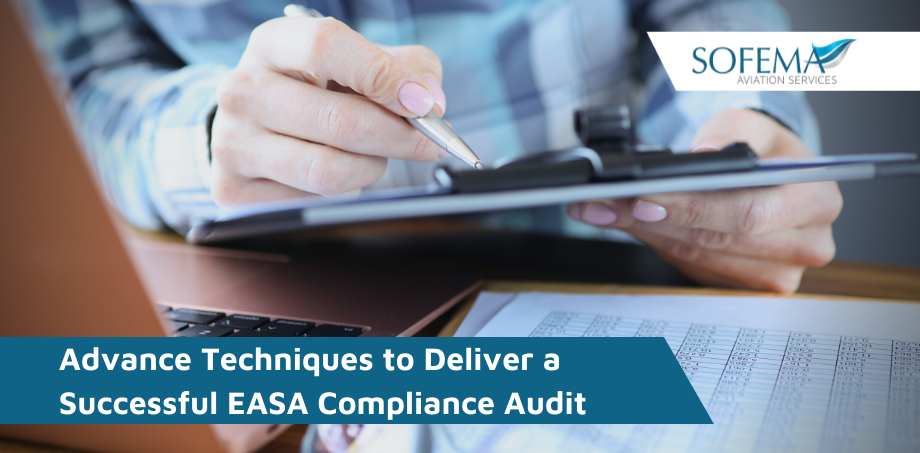Are you managing Fatigue as Part of your EASA Part 145 SMS?
read more
EASA Part 145 Fatigue Management Considerations Addressing Fatigue within an EASA Part 145 Production Planning Environment Sofema Aviation Services (SAS) considers the challenge of fatigue management within an Aircraft Maintenance Organisation (AMO). EASA Part 145 SMS – Fatigue Risk Management System The purpose of the Fatigue Risk Management System (FRMS) is to promote a reduction,…






